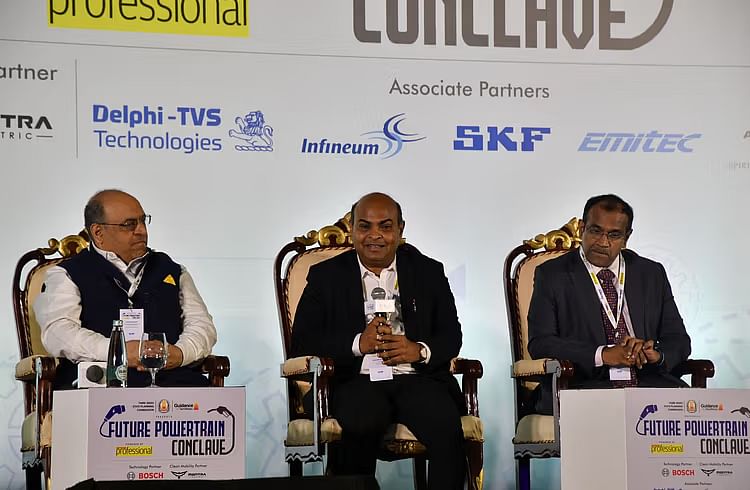Driving Towards Net Zero: Regional Strategies in Global Shift
Key Ideas
- Emerging economies like India are tailoring clean mobility solutions to regional needs, balancing sustainability and local realities.
- Global South countries are embracing a multi-energy approach including hybrids, biofuels, and hydrogen due to infrastructure and affordability challenges.
- Brazil leads in biofuel adoption with flex-fuel vehicles, while Southeast Asia focuses on strong hybrids and PHEVs.
- India is developing a multi-fuel roadmap with ethanol blending, CNG expansion, and EV support, reflecting a diverse mobility future.
At the Future of Powertrains Conclave in Chennai, automotive leaders from Toyota and Stellantis emphasized the importance of region-specific strategies in transitioning to net zero emissions. While the Global North moves towards rapid electrification backed by regulations and incentives, the Global South, as exemplified by India, is adopting a diverse approach rooted in practicality and local contexts. The discussion highlighted the coexistence of various technologies including ICE, hybrids, biofuels, and hydrogen in emerging economies due to infrastructure constraints and consumer readiness. Brazil stands out for its ethanol-focused model, Southeast Asia is embracing hybrids, and India is progressing towards a multi-fuel future with ethanol blending, CNG expansion, and EV support. The executives emphasized the need to balance manufacturing complexity with seamless customer experiences amidst technological transitions. This approach not only applies to India but serves as a blueprint for the Global South, showcasing adaptable and scalable solutions for sustainable mobility.
Topics
India
Infrastructure
Sustainability
Automotive Industry
Biofuels
Energy Diversity
Clean Mobility
EV Adoption
Regional Strategies
Latest News
